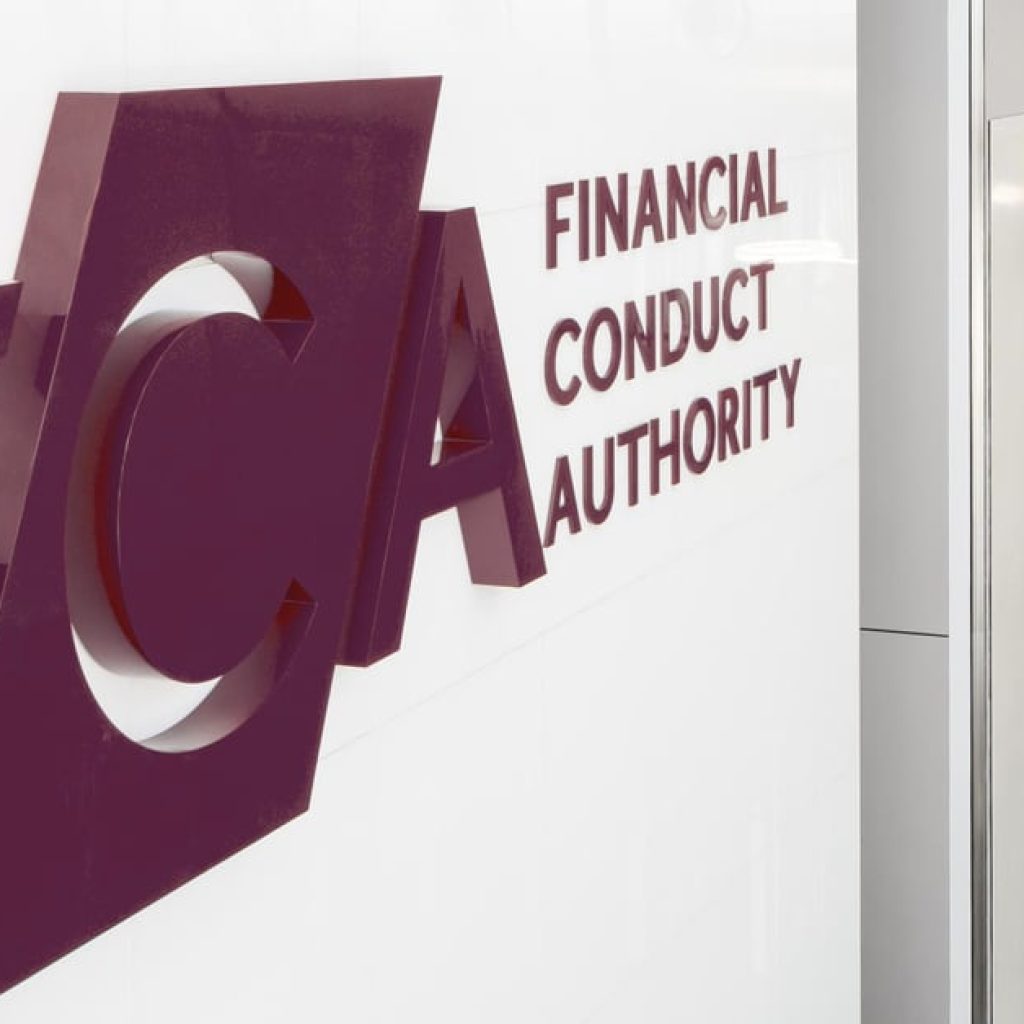During U.S. Secretary of State Antony Blinken’s visit to Vietnam, both Vietnamese Prime Minister Pham Minh Chinh and Blinken expressed their commitment to deepening ties between the two nations.
Navigating complex diplomatic waters
In his first visit to the Southeast Asian nation as the top U.S. diplomat, Blinken engaged in talks with key Vietnamese officials, including General Secretary Nguyen Phu Trong and Prime Minister Pham Minh Chinh.
The primary focus of these meetings was the potential to upgrade bilateral relations between the two countries.
Blinken emphasized the importance of the U.S.-Vietnam relationship, noting its remarkable growth over recent decades and expressing his belief that it can continue to strengthen.
While it is currently unclear when a formal upgrade of ties could be agreed upon, Blinken expressed hope that it could occur in the near future.
Prime Minister Chinh echoed this sentiment, expressing a desire to take the relationship to new heights. This follows a successful phone call between President Joe Biden and the head of Vietnam’s ruling Communist Party, Nguyen Phu Trong, last month.
Security and economic cooperation in focus for the U.S.
Blinken acknowledged that security was a key component of the U.S.-Vietnam relationship, noting the upcoming delivery of a third naval cutter to support Vietnam’s coastguard.
This move is part of a broader U.S. strategy in Southeast Asia aimed at building a coalition to counter China’s influence in the region.
The United States and U.S. defense firms have expressed interest in expanding military supplies to Vietnam, as the country seeks to diversify its military suppliers away from Russia.
However, potential military deals with the U.S. face numerous obstacles, including concerns about human rights issues, expensive price tags, potential Chinese reactions, and integration challenges with Vietnam’s existing weapons systems.
The U.S. views Vietnam as a crucial Southeast Asian trading partner, and is eager to bolster ties. However, Hanoi must carefully navigate the delicate balance of cooperating with Washington without upsetting Beijing.
Vietnam has grown increasingly concerned with China’s expanding claims in the South China Sea, but maintains a complex diplomatic relations with its powerful neighbor.
This intricate diplomatic situation is further complicated by the strengthening ties between Beijing and Moscow, who announced a “no limits” partnership last year after Russia’s invasion of Ukraine.
In Vietnamese waters, however, the two powers have conflicting interests as Russian firms extract gas in areas claimed by China.
Despite the eagerness to upgrade relations, some analysts express doubts about the potential outcomes. Rand Corporation Senior Defense Analyst Derek Grossman cites Vietnam’s reluctance to antagonize China and Hanoi’s hesitance to appear openly aligned with the U.S. Indo-Pacific Strategy as potential hindrances.
During his visit, Blinken also broke ground on a new U.S. embassy compound in Hanoi, symbolizing a significant step towards strengthening ties.
He emphasized the importance of human rights progress as a central focus of the relationship with Vietnam, a topic that has sparked concerns from rights groups regarding the treatment of dissidents in the communist country.
Following his engagements in Vietnam, Blinken is set to travel to Japan to attend a meeting of foreign ministers of the Group of Seven wealthy nations.




